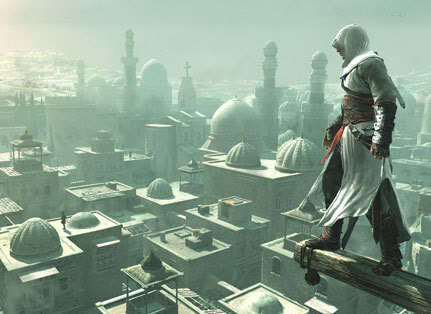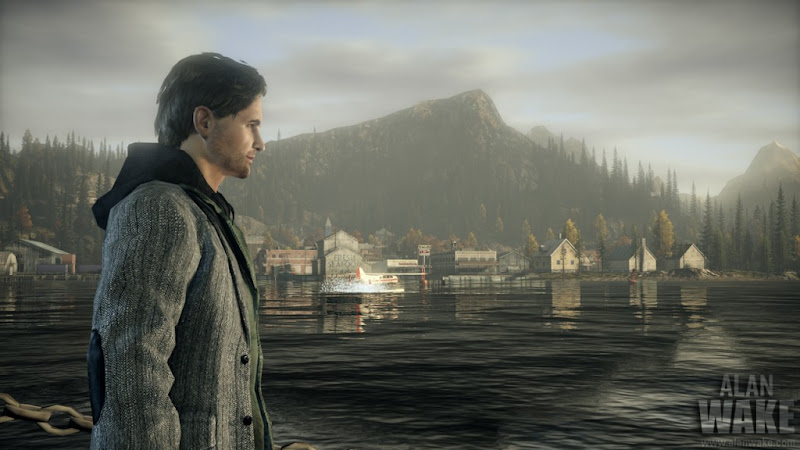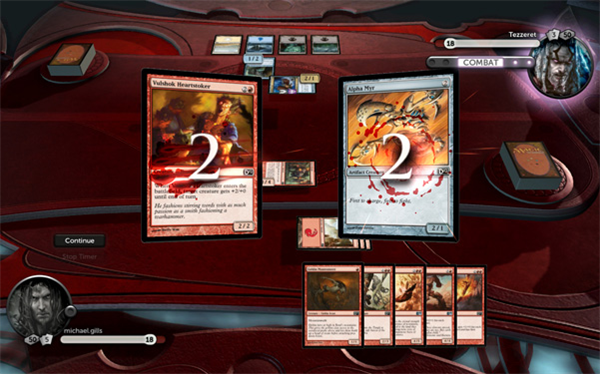Last week, on Friday, September 30, Kotaku published a preview on Batman: Arkham City, a recap of author Kirk Hamilton’s experience with a build he was playing at PAX. Upon release, the article was met with cries of dissent and barely-stifled indignation. The reason: the article’s headline and accompanying graphic revealed that, during the first act of Batman: Arkham City, the Joker dies.
Sifting through the comments, one can easily pick out a common thread between them: there should have been more warning, the twist shouldn’t have been so obvious to people who may not have wanted to read it, etc. The developers were cool with Hamilton writing about the event, so it’s not as though he was out of line regarding what he should or shouldn’t have said, but Arkham City fans appeared to think differently, at least in regards to how the article was titled.
This post isn't a complaint about Kotaku's decision-making in publishing, nor is it meant to put Kirk Hamilton on blast for his Arkham City article (which, incidentally, is a well-written and informative preview focused largely on the game's play mechanics). Instead, I want to take a larger look at spoilers and their place in the gaming press.

PARTY FOUL!
If you follow the gaming press, there's a good chance you come across many small spoilers every day. Every preview on The Legend of Zelda: Skyward Sword, every review of Resistance 3, every editorial about the latter half of Rage contains potential spoilers, spoilers of where you'll visit and what you'll do when you get there. More often than not, these are minor, relatively harmless spoilers that won't upset any but die-hard dry-runners (I remember hearing a Game Informer podcast where an editor reminisced about some readers complaining when they mentioned that you would get missiles in an upcoming Metroid game. Come on).
Different, though, are major spoilers about certain, plot-crucial moments. More often than not, they're warned about ahead of time, but sometimes, like in the God of War 3 episode of G4's Feedback, they can come out unexpectedly. There’s a joked-about “Spoiler Statute of Limitations” that says revealing twists for older games is fine (e.g. “Aerith dies at the end of disc one” isn’t a party foul anymore anymore), but discussing major story elements of games that are new are off-limits (particularly, games that haven’t come out yet).
Oddly, some story elements first considered spoilers end up perfectly acceptable to talk about as the series goes on. When Assassin's Creed first released in 2007, several publications ended up bending over backwards to avoid discussing the Desmond portions of the game, instead conveying that the title was a period piece, and not set in the near future. Now, Desmond's role in the series well-known, and is an often-discussed aspect of the series.

Back in 2007, everyone pretended that this was a historical fiction series. Now, it's generally accepted that Assassin's Creed is straight-up sci-fi.
Why do folks get so worked up about spoilers? For me, it denies me the opportunity to discover the material for myself, and to react to it within the context of the game/movie/whatever. Granted some spoilers don’t phase me too badly (“No, I am your father”), because these moments are often integrated into the public narrative of the piece (is there anyone who doesn’t, at least partially, think of The Sixth Sense as “the movie about where Bruce Willis is dead”). New games/movies/etc. don’t have the opportunity to establish their identity yet, and certain big moments, when taken out of context, can detract from both the individual moment’s impact, and the impact in the larger context of the experience (e.g. the nuke scene from Call of Duty 4: Modern Warfare, or the scene in Andrew Ryan’s office in BioShock).
Games still function even if the story is spoiled, though. Even if I were to find out what happens at the end of Dark Souls before finishing the game, I can still enjoy the title as a journey, having fun with the combat and world-building, and taking in the game as an experience. Perhaps this is why the gaming press is less concerned with spoilers: at the end of the day, games are meant to be played. Compare this to movie press: the average film-goer attends movies on the basis of their narratives (compared to, say, the sound design or the cinematography), so it behooves critics to reveal as little about the fine details of the film's plot as they can (less, in fact, than many trailers). A video game, on the other hand, lives and dies by the strength of its gameplay, and ancillary plot details won't steal the fun from solid game design. Some games suffer more than others by having their story spoiled (I would personally punch anyone who ruins the ending of Alan Wake for me), but the actual gameplay itself often compensates for a less-compelling narrative.

Even if I knew how the story ended, I could still enjoy the gameplay.
Part of why I think this Batman story has been so harshly attacked is because video games so often lack quality, spoiler-worthy narratives. Some game stories are as predictable as the sunrise: Mario will always rescue Peach, the Pokemon trainer will always defeat the Elite Four, and that plucky girl you met up with at the start of your quest is probably a princess in disguise. Batman is an unusually character-driven property, and Arkham Asylum provided an involving story that well-utilized nearly every character involved. Fans were likely hoping for similar involvement in the story, and became agitated at the apparent flippancy with which a perhaps-major story point was revealed.
For me, it ultimately comes down to choice. Sometimes, I don't mind when I find out crucial details of a game's plot in advance, especially if I don't plan on playing through it, or I'm not particularly invested in the game's story (e.g. Gears of War 3). However, there are other times where I'll go to absurd lengths to protect myself from dreaded "thpoilerth;" when Harry Potter and the Deathly Hallows first released, I spent most of the two days it took me to finish the book in my room, cut off from communication in case my friend's manager at Pizza Hut stole his phone and texted me a list of which characters died (something my friend warned me he would do and, in fact, did).
My point being: spoilers are far less offensive when I choose for them to be spoiled. If I choose to go on Wikipedia and read about the plot of a game I don’t have time to play, I am willing to incur any penalties or cheapenings that happen if I do decide to play it. However, if someone on the street were to walk up to me back in 1997 and blurt out that Sheik is actually Zelda in disguise, I’d be more than a little ticked off. I should be able to choose if I want a major plot point revealed to me ahead of time, and not a moment before.
On the other hand, I think I would have preferred to know that I wouldn’t be playing as Snake the whole time.
[Originally appeared on VGTribune.com, October 7, 2011]



